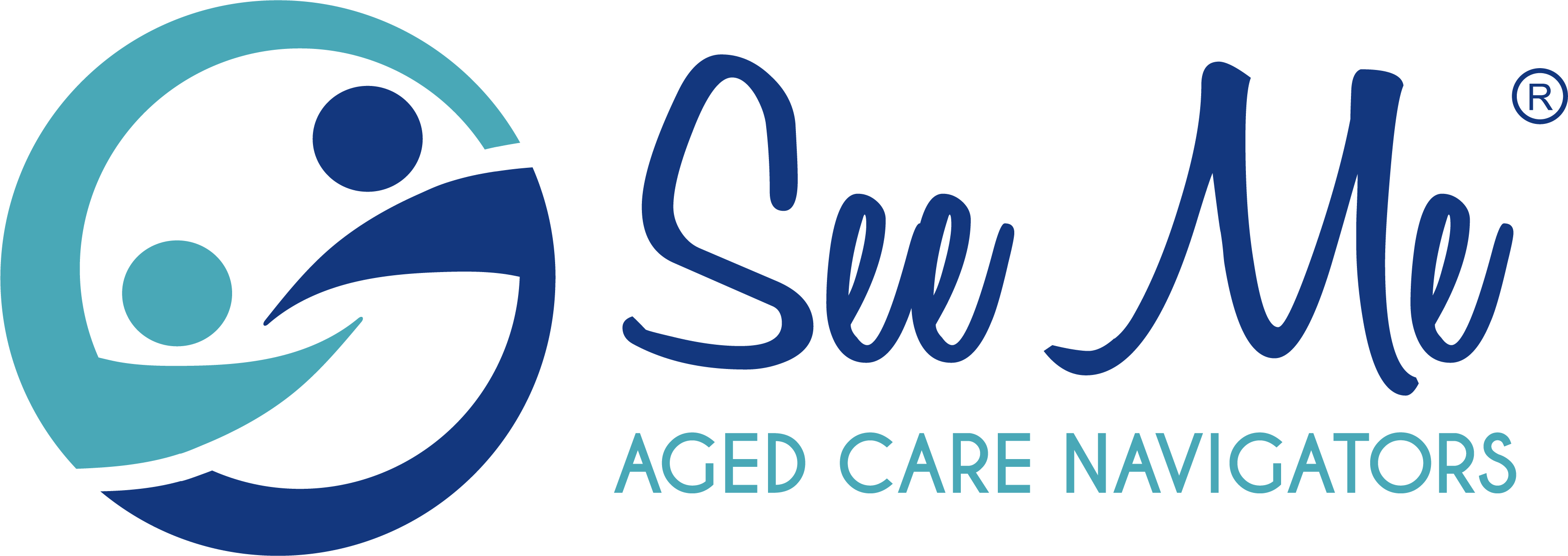A referral to My Aged Care will trigger the process for you to be assessed for Commonwealth subsidised services and support.
If you are contacting My Aged Care by phone, the call centre staff will ask you or the person calling on your behalf a range of questions to determine your ‘level of care’ which essentially means how much help you need to complete your activities of daily living.
Activities of daily living are things like the cleaning of your house, mowing of your yard, preparation of meals, grocery shopping, transport or paying bills. These are known as instrumental activities of daily living.
There are also personal activities of daily living that relate to assistance in the shower, assistance with grooming, getting dressed and toileting.
You might also be needing assistance with your medications (reminder phone calls from family) or you might be having issues with mobility, pain, continence and declining strength.
My Aged Care will also ask questions about the amount of assistance you are requiring.
For all the tasks you're needing help with, you'd need to think of the amount of time people are taking to support you with things you can't manage for yourself.
Website referrals ask the referrer to identify the relationship they have with the potential client, so if you're making a referral from the My Aged Care website on behalf of someone else, you'll need to provide information about who you are.
The questions that need to be answered over the phone are the same questions asked in a website referral.
After answering all the questions, whether via phone or website, a recommendation from My Aged Care will occur and will suggest a Regional Assessment Service (RAS) as the assessing service or the Aged Care Assessment Team (ACAT).
This recommendation may not always accurately reflect the actual needs of the potential client though.
We always recommend people take the time to prepare for contact with My Aged Care and have a list written about all the help required, so as not to forget anything during the phone call.
If the recommendation is for you or your loved one to be assessed by a RAS assessor, the answers you have provided to My Aged Care would be reflecting entry level services.
RAS assessors...
are not usually clinicians and they assess and approve for services and support which are provided via the Commonwealth Home Support Service (CHSP) previously known as Home and Community Care (HACC).
These CHSP services and support might be domestic assistance, personal care assistance, allied health, garden and lawn maintenance, home modifications, transport and social support.
Organisations (providers) that provide CHSP services may be able to offer all these services or only some, and there may be a small cost involved.
Be advised that you are able to discuss with the provider if and how much you are able to contribute to the cost of your services and support.
Sometimes the RAS assessor will identify that the services you need are more than entry level.
In these instances, the RAS assessor will refer on to the ACAT for a more comprehensive assessment and potential approval for a Home Care Package (HCP).
Likewise, if during your phone call to My Aged Care, it is identified that an assessment by an ACAT is indicated, you will bypass the RAS assessment and your referral will go directly to the ACAT.
The ACAT Assessor...
will be a clinician and the assessment will be more in depth than a RAS assessment.
The ACAT assessments take an hour to two hours to complete, depending on the complexity and communication abilities of the person being assessed.
ACATs assess for services and support for people who need more coordination and assistance.
For in-home services and support, an ACAT will assess and approve for a Home Care Package which could be range from a level one package up to a level four package.
ACATs also assess and approve for flexible care programs, such as Short-Term Restorative Care and respite and entry to a residential aged care facility.
There are ACAT teams all across Australia.
If you live in a metropolitan or regional area, the ACAT assessor will often come to your home to assess you or your loved one. But they may also complete their assessment over the phone.
It is preferable to assess people in their own homes as the information that can be gathered provides a clearer picture of a person’s deficits and needs but given the distances some ACATs need to travel to see people, particularly in rural areas, a phone assessment may be the only option.
For remote areas, some ACATs have developed modified ways of completing assessments that rely on other clinicians or health workers to be involved with the assessment process.
If English is a second language, interpreter services are available also.
ACATs also work closely with other clinicians and specialists in older person’s care such as dementia support services, memory clinics and geriatricians and can often facilitate referrals to these services too.
In Summary
RAS are generally teams of non clinician assessors and they approve for services at entry level, being the Commonwealth Home Support Program.
ACATs are teams of clinicians and they approve for Home Care Packages, Short-Term Restorative Care and respite, and entry into residential accommodation.
ACATs can also give approvals for those entry level services too, should the need arise.

